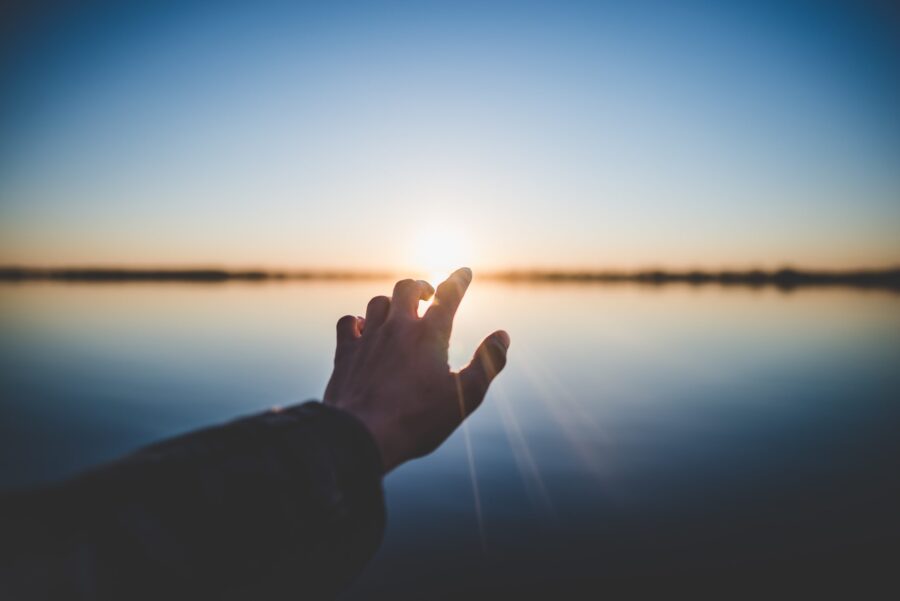A Psychiatrist Makes the Case for Hope
“Where there’s life there’s hope,” J.R.R. Tolkien wrote in The Lord of the Rings. In a personal perspective article for Psychology Today, Dr. Saul Levine, Professor Emeritus in Psychiatry at the University of California at San Diego, lays out the case for hope as a “universal human experience and a powerful life force.”
For centuries, hope has permeated the works of art, music, and drama in cultures around the globe – from Beethoven’s “Ode to Joy” to Picasso’s Guernica to the Israeli national anthem “Hatikvah” to Dr. Martin Luther King, Jr’s speeches.
But what exactly is hope? According to Dr. Levine, “Hope is that fervent aspiration we all hold during difficult circumstances that things can/will/should get better, enabling us to face and overcome major challenges.”
What is hope like? What can hope do for us? Dr. Levine makes the case for choosing hope in dark times:
Hope is uniquely human. “Hope requires words, thoughts, and imagination to contemplate possible future events and is thus unique to our species.”
Hope is visionary. “There are countless true dramatic stories of hope existing even in the direst circumstances. Our hopes derive from our yearnings and desires that deficiencies, challenges, or threats can ameliorate and there may well be a better tomorrow. Hope is by its very nature optimistic and activist, encouraging us to work toward overcoming.”
Hope is universal. “While hope may have a special meaning for religious believers in a benevolent God who protects them, the crucial presence of hope is secular and universal. During periods of major turbulence in our lives, hope serves as a personal beacon, much as a lighthouse beckons sailors during periods of darkness and stormy seas.”
Hope is regenerative. “Physicians convey to patients and families encouraging news whenever possible because hope during serious illness can improve mood and spirits and actually foster healing and recovery.”
Hope is creative. “Hope provides a haven from pessimism, fear, and dread. It galvanizes our courage and mobilizes our energy and vitality. It enhances our mood and focuses our creative thinking.”
Hope spurs us to action. “Hope also contributes to our propensity to help others who are in distress, including strangers as well as loved ones. Heroism is frequently spawned by the presence of hope during times of danger and destitution. It is one of the great human motivators, engendering a sense of purpose and aspiration during desperate times.”
Hope is persevering and powerful. “My late father was raised in a destitute and dangerous war-torn shtetl — an Eastern European village with a persecuted Jewish population. He never lost hope, which enabled him to withstand anti-Semitism and other challenges, overcome their effects, and grow as a person.”
Read the full article here.
Levine, Saul, MD. “Hope. A human need and a powerful force.” Psychology Today, 12 Feb 2022, https://www.psychologytoday.com/us/blog/our-emotional-footprint/202202/hope-human-need-and-powerful-force.
Photo by Marc-Olivier Jodoin on Unsplash



